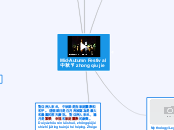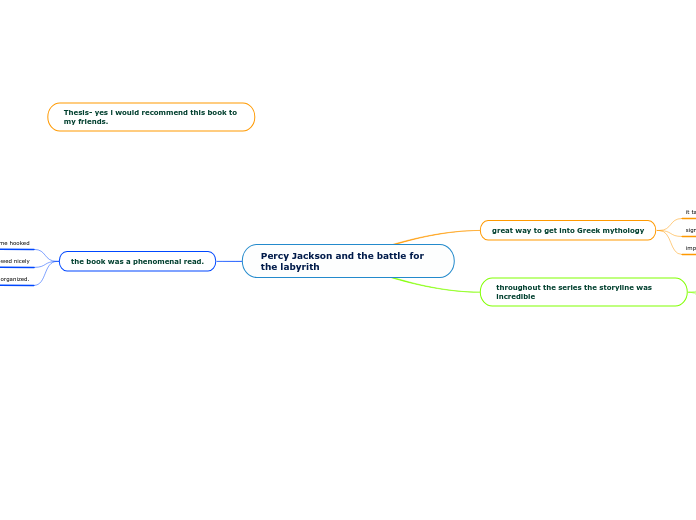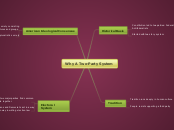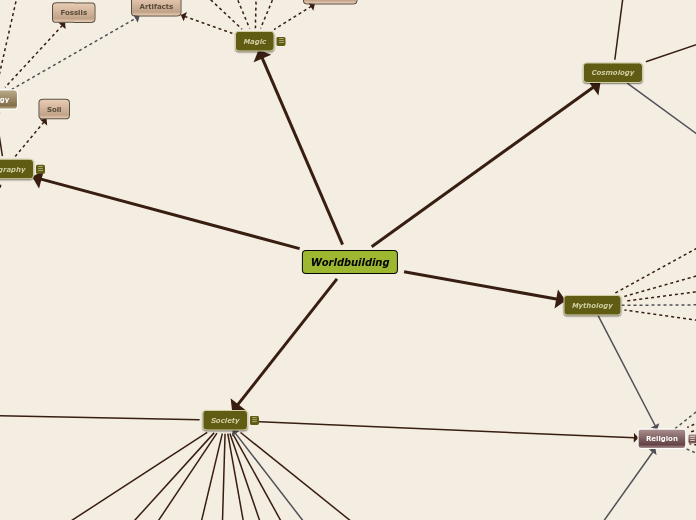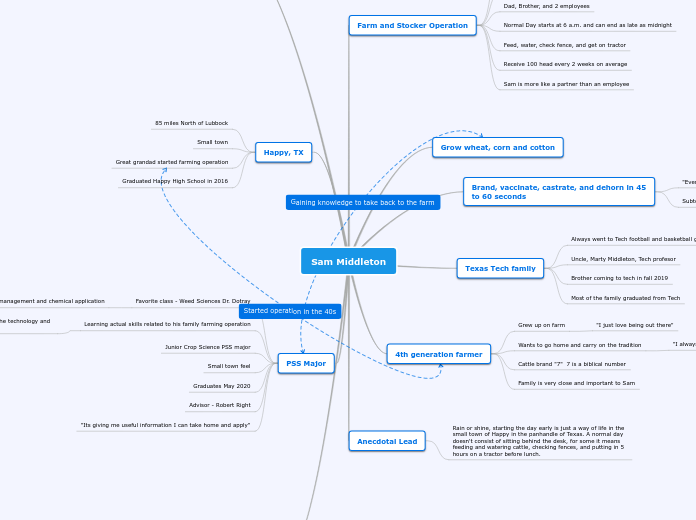Task Area
Mid-Autumn Festival
中秋节 zhong qiu jie
對亞洲人來說,中秋節是指家庭團聚和和平。 這個節日是在月亮被認為是最大和最圓的那天慶祝。 對亞洲人來說,滿月是繁榮,幸福和家庭團聚的象徵。
Duì yàzhōu rén lái shuō, zhōngqiū jié shì zhǐ jiātíng tuánjù hé hépíng. Zhège jiérì shì zài yuèliàng bèi rènwéi shì zuìdà hé zuì yuán dì nèitiān qìngzhù. Duì yàzhōu rén lái shuō, mǎnyuè shì fánróng, xìngfú hé jiātíng tuánjù de xiàngzhēng.
To the Chinese and Taiwness, Mid-Autumn Festival means family reunion and peace. The festival is celebrated when the moon is believed to be the biggest and fullest. A full moon is a symbol of prosperity, happiness, and family reunion.
Para los chinos y los taiwanese, el Festival del Medio Otoño significa reunión familiar y paz. El festival se celebra cuando se cree que la luna es la más grande y llena. La luna llena es un símbolo de prosperidad, felicidad y reunión familiar.
Activity / Qué se hace??
Eating a reunion Dinner / Cena con familia reunida
吃 團圓飯 Chī tuányuán fàn
Admiring the full moon(Admira la luna llena)
賞月 Shǎng yuè
Food(Comida)
食物 Shíwù
BBQ (Barbacoa)
烤肉 Kǎoròu
Grapefruit (Pomelo)
柚子 Yòuzi
柚子帽 Yòuzi mào
Hat made by grapefruit / Sombrero hecho por pomelo
大家一起來做柚子帽
Dàjiā yì qǐlái zuò yòuzi mào
Let's make hat!!! / Vamos a hacer sombrero!!
Moon Cake (Pastel de la Luna)
月餅 Yuèbǐng
Mooncakes — the Must-Eat Mid-Autumn Treat
Mooncakes are traditional Chinese pastries eaten to celebrate the Mid-Autumn Festival. The festival typically involves much giving, receiving, and eating of mooncakes.
Chinese mooncakes are the traditional dessert/snack of Mid-Autumn Festival. They are round in shape, like the full harvest moon of Mid-Autumn's evening. Up to 10 cm (4 inches) wide and 5 cm (2 inches) deep, most mooncakes consist of a pastry skin enveloping a sweet, dense filling.
Mooncakes are usually eaten in small wedges, and shared by family members, generally with Chinese tea.
The Top 10 Mooncakes in China
大家一起來做月餅
Dàjiā yì qǐlái zuò yuèbǐng
Let's make mooncake / Vamos a hacer el pastel de luna
Tradition/Tradición
傳統習俗 Chuántǒng xísú
Date: September or October
Importance: The second most important (traditional) Chinese Festival after Chinese New Year
Chinese 's four major festivals
1. Chinese New Year (Año Nuevo Chino)
2. Tomb Sweeping Day (Día de Limpieza de Tumbas)
3. Dragon Boat Festival (Festival del Bote del Dragón)
4. Mid-Autumn Festival (Fiesta del Medio Otoño)
Origin: A harvest festival with origins in moon worship.
Mythology/ Leyenda
神話故事 Shénhuà gùshì
Activity
Western story about Moon.
Drawing - Who is living in the moon?
Legend of The Man - Wu Kangu
吳剛伐桂 Wúgāng fá guì
The Man - Wu Kangu (吳剛伐桂)
A first Wu Kang was a shiftless woodcutterin the ground below. One day he decided that he wanted to be an immortal. ThenWu Kang went to live in the mountains where he importuned an immortal to teachhim. 相傳吳剛在凡間本為一位樵夫,但有天他下定決心想成為一位仙人。而後,吳剛便搬到山上請教一位神仙,希望仙人傳授方法給他。
However, angered with Wu Kang's impatience,he didn’t keep learning soon. The master banished Wu Kang to the Moon Palacetelling him that he must cut down a huge cassia tree before he could return toearth. 然而沒有耐心的吳剛,很快的就放棄求仙之路。因此天帝震怒,把他居留在月宮,並告訴他,想回到人間就得把月桂樹砍倒。
Though Wu Kang chopped day and night, themagical tree restored itself with each blow, and thus he is up there choppingstill.但吳剛每砍完一段時間,桂樹便會自動癒合,日復一日。吳剛伐桂的願望仍未達成,而他也不斷的砍下去。
Legend of Jade Rabbit
玉兔搗藥Yùtù dǎo yào
Jade Rabbit(玉兔搗藥)
This legend, three fairy sages transformedthemselves into pitiful old men and begged for something to eat from a fox, amonkey and a rabbit. 相傳有三位神仙變成三個可憐的老人,向狐狸、猴子、兔子求食。
The fox and the monkey both had food togive to the old men, but the rabbit, empty-handed, offered his own fleshinstead, jumping into a blazing fire to cook himself. 狐狸與猴子都有食物可以濟助,唯有兔子束手無策。後來兔子說:「你們吃我的肉吧!」就躍入烈火中,將自己燒熟。
The sages were so touched by the rabbit'ssacrifice that they let him live in the Moon Palace where he became the"Jade Rabbit."神仙大受感動,把兔子送到月宮內,成了玉兔。
Legend of Chang’er ascents to the Moon
嫦娥奔月 Cháng'é bēn yuè
Leyenda de Chang E viajar a la Luna
La historia de Chang Er es la historia más aceptada sobre el origen del Festival del Medio Otoño. Se dice que en tiempos antiguos, existían diez soles y el calor extremo hizo vida de las personas es muy difícil. Fue el héroe de Hou Yi, quienes, debido a su gran fuerza, al ser derribado el nueve de los diez soles. Al enterarse de esta asombrosa hazaña y el héroe que lo realiza, la gente venía de muy lejos para aprender de él. Peng Meng fue una de esas personas. Más tarde, Hou Yi se casó con una bella y amable mujer llamada Chang Er y vivió una vida feliz. Un día, Hou Yi encontró con Wangmu (la reina del cielo) en el camino para encontrarse con su viejo amigo. Wangmu le regaló un elixir que, en caso de estado de ebriedad, le haría ascender inmediatamente al cielo y convertirse en un inmortal. En lugar de beber la poción de sí mismo, Hou Yi se llevó a casa y lo presentó a Chang Er conservar. Por desgracia, Peng Meng secreto vio Hou Yi dar la poción a su esposa y tres días más tarde, mientras Hou Yi fue a cazar, Peng Meng se precipitó en el patio trasero y exigieron que Chang Er mano sobre el elixir. Sabiendo que no podía ganar, sacó el elixir y se lo tragó de inmediato. En el momento en que ella lo tomó, voló por la ventana y hasta en el cielo. Chang Er gran amor por su marido la atrajo hacia la Luna, que es el cuerpo celeste más cercano a la tierra. Al darse cuenta de lo sucedido a su esposa, de Hou Yi fue tan afligidos que gritó el nombre de Chang Er 's hacia el cielo. Él se sorprendió al ver una figura que se parecía a su esposa apareció en la Luna. Tomó la comida del agrado de Chang Er a un altar y se lo ofreció como un sacrificio para ella. Hou Yi vecinos también quemaron incienso y alimentos preparados para expresar sus buenos deseos para el tipo Chang Er. Esto se convirtió en una costumbre cada año más tarde.
Moon / La luna
月亮 Yuèliàng
Learning Vocabulary
月蝕 Yuèshí
eclipse
新月 Xīn yuè
New moon / Luna nueva
滿月Mǎnyuè
Full moon / Luna llena
下弦月Xià xuán yuè
An old moon / Luna vieja
上弦月Shàng xuàn yuè
First quarter of the moon / Primer cuarto de la luna
